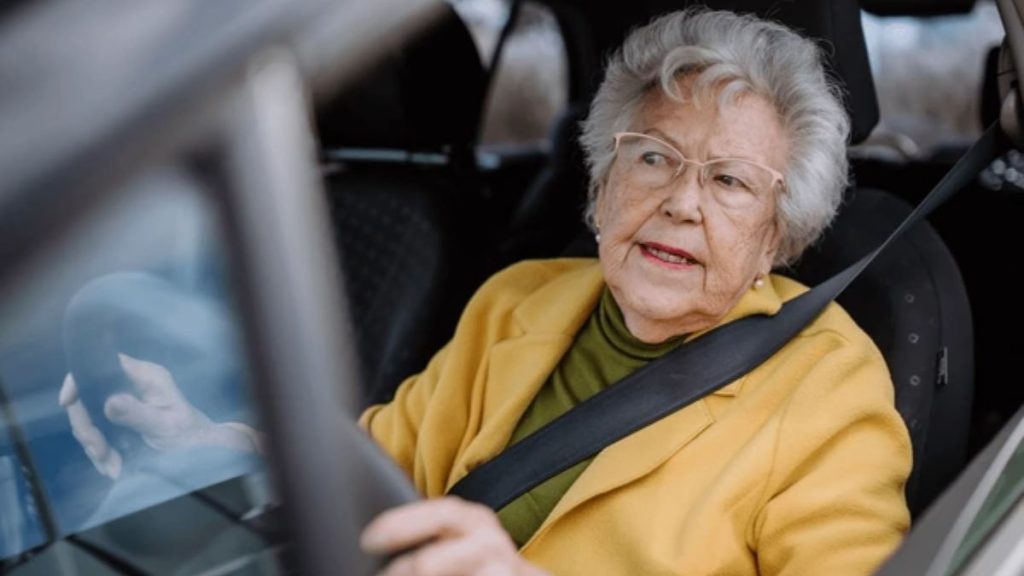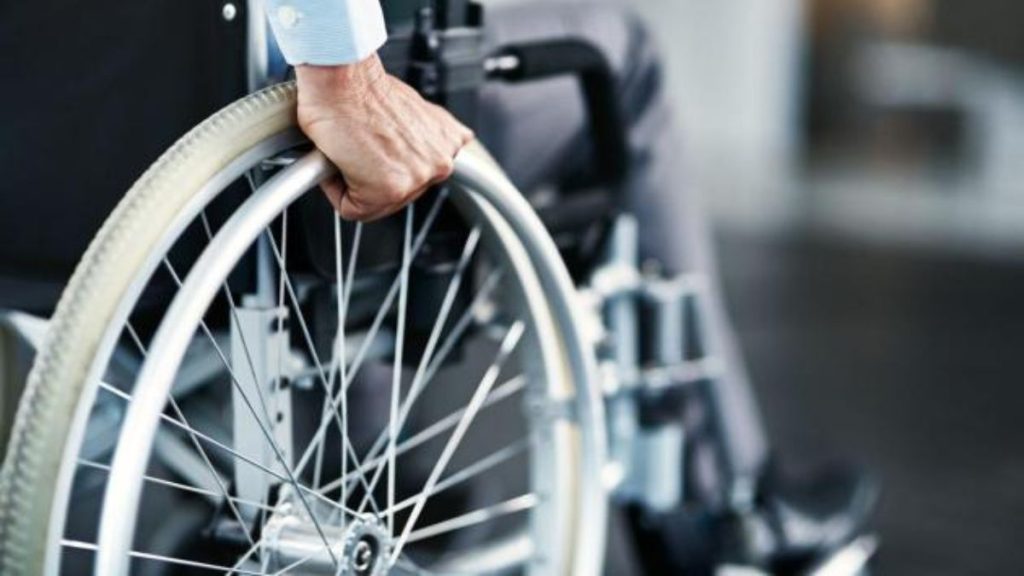Driving in the United Kingdom isn’t just a matter of convenience — for many older adults, it represents independence, social connection, and freedom. Whether it’s visiting family, attending medical appointments, or simply staying active, being able to drive plays a vital role in maintaining quality of life.
However, as drivers age, licensing rules become more stringent to balance personal independence with road safety. In 2025, the UK Government and DVLA (Driver and Vehicle Licensing Agency) will roll out updated rules for drivers aged 70 and above.
These new measures aim to enhance road safety, improve medical monitoring, and make renewals simpler through digital tools — without unfairly restricting those who are fit to drive.
Why the Rules Exist for Drivers Over 70
Driving requires quick reactions, clear vision, and sound judgment. As people age, natural physical and cognitive changes can affect these abilities.
To keep roads safe, the government requires that all drivers aged 70 and above:
- Renew their licence every three years, instead of every ten.
- Declare any medical conditions that may affect driving.
- Undergo assessments or medical reviews if required by the DVLA.
These existing safety standards remain, but new 2025 reforms introduce stricter medical reporting, mandatory vision checks, and a digital-first renewal process.
Key Changes to Driving Licence Rules for Over-70s in 2025
The 2025 updates modernise the renewal process and tighten medical standards to ensure drivers remain safe and confident behind the wheel.
1. Digital-First Renewals
The DVLA is shifting toward a digital-first renewal system. Drivers over 70 will be encouraged to renew online via GOV.UK, though paper applications will remain available for those less comfortable with technology.
The aim is faster processing, fewer delays, and less paperwork.
2. Stricter Health Declarations
From 2025, medical declarations will be linked (with consent) to NHS digital health records, allowing automatic flagging of certain medical conditions.
This helps prevent under-reporting of issues such as heart conditions, diabetes, or neurological disorders — ensuring that only medically fit drivers remain on the road.
3. Mandatory Eye Tests for Renewal
All over-70 drivers will now need to provide proof of a recent eye test (within two years) when renewing their licence.
Drivers must meet the legal eyesight standard — being able to read a car number plate from 20 metres away — and have sufficient visual clarity and peripheral vision.
4. Optional Driving Assessments
While not mandatory for everyone, the DVLA can now request a short driving assessment if safety concerns arise. These sessions test reaction times, observation skills, and hazard awareness rather than full driving test procedures.
5. Stronger Penalties for Non-Disclosure
Drivers who fail to report a medical condition that affects driving could face:
- Fines up to £1,000
- Licence revocation
- Insurance invalidation in the event of an accident
These tougher penalties underline the importance of honesty and responsibility when renewing.
How Licence Renewal Works for Over-70s in 2025
Renewing a licence after age 70 will remain free but will follow updated procedures. Here’s how it works:
- DVLA Reminder – You’ll receive a renewal notice roughly three months before expiry.
- Online or Paper Application – Complete renewal through the GOV.UK portal or request a postal form.
- Medical Declaration – Complete updated health questions and consent to NHS-linked checks.
- Submit Eye Test Proof – Upload or send a valid optician’s certificate.
- Approval or Further Assessment – Most renewals will be approved within weeks; some may be referred for a driving assessment or medical review.
This system makes the process simpler, faster, and safer for both drivers and authorities.
Medical Conditions That Must Be Reported
Certain health issues can significantly impact a driver’s ability to stay safe on the road. From 2025, stricter reporting standards will apply to:
- Epilepsy
- Diabetes treated with insulin
- Heart conditions (including pacemakers)
- Stroke or mini-stroke (TIA)
- Dementia or Alzheimer’s
- Glaucoma or other vision-related diseases
- Sleep apnoea
- Severe arthritis or mobility disorders
Drivers must inform the DVLA if diagnosed with any of these conditions. Failing to do so could result in licence suspension or legal penalties.
Eye Tests – A Crucial New Requirement
The new mandatory eye test rule is one of the most significant updates for 2025.
Drivers aged 70+ must now present a certificate from a qualified optician confirming they meet legal vision standards. This step:
- Reduces accidents caused by poor eyesight.
- Ensures drivers receive regular eye care.
- Provides peace of mind for both motorists and their families.
Eye test certificates typically cost £20–£40 and remain valid for two years for renewal purposes.
Driving Assessments for Older Drivers
If the DVLA identifies potential safety concerns — through medical reports or crash records — a driving assessment may be required.
These practical checks typically cover:
- Urban and rural driving conditions
- Junctions, roundabouts, and motorway entry/exits
- Reaction and braking times
- Hazard awareness
Drivers who pass can continue driving freely, while those who fail may face restrictions, such as daytime-only driving, or in rare cases, licence withdrawal.
Costs and Fees in 2025
Renewal itself remains free for over-70s, but some related costs may apply:
- Eye test – £20–£40
- Medical reports (if requested) – GP fees vary
- Refresher driving lessons – optional, but recommended for confidence
The Debate: Safety vs Independence
The new regulations have sparked debate about fairness and practicality.
Supporters argue:
- Mandatory eye tests and medical checks enhance public safety.
- Linking DVLA and NHS data streamlines verification.
- Road users and families gain greater confidence in older drivers.
Critics counter:
- Some fear the rules could restrict independence.
- The digital-first approach may disadvantage seniors unfamiliar with online systems.
- Not all health conditions directly impact driving ability.
Government and road safety groups maintain that these changes strike a balance between independence and responsibility.
Tips for Over-70 Drivers to Stay Road-Ready
- Get regular eye tests every two years.
- Book refresher driving courses to stay confident.
- Be honest about health changes with your GP and DVLA.
- Avoid long journeys when tired or unwell.
- Use adaptive car features such as parking sensors or automatic gearboxes.
Small steps like these help maintain confidence and ensure continued road safety.
What Happens If You Don’t Renew?
Driving with an expired licence is a serious offence.
Penalties include:
- Fines up to £1,000
- Six penalty points
- Invalid insurance
- Possible vehicle seizure
Always check renewal reminders and complete the process promptly to avoid legal or financial issues.
Government Support for Older Drivers
The DVLA and Department for Transport are introducing new support initiatives, including:
- Telephone helplines for non-digital users
- Guides and workshops to help older drivers renew licences online
- Charity and local council partnerships to support mobility alternatives for those who can no longer drive safely
These initiatives aim to ensure that no driver is left behind in the transition to a digital system.
Frequently Asked Questions
1. How often must over-70s renew their licence?
Every three years, free of charge.
2. Is an eye test mandatory in 2025?
Yes. Proof of an eye test taken within the last two years is now required for renewal.
3. Can I still use paper forms?
Yes. While the process is “digital-first,” paper applications remain available upon request.
4. What happens if I fail my driving assessment?
You may receive restrictions (such as daytime-only driving) or lose your licence if deemed unsafe.
5. What if I have a medical condition?
You must report it to the DVLA. Non-disclosure can lead to fines, licence loss, and invalid insurance.



















